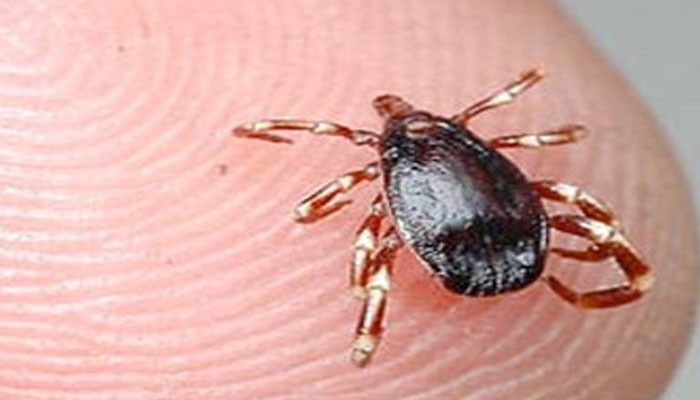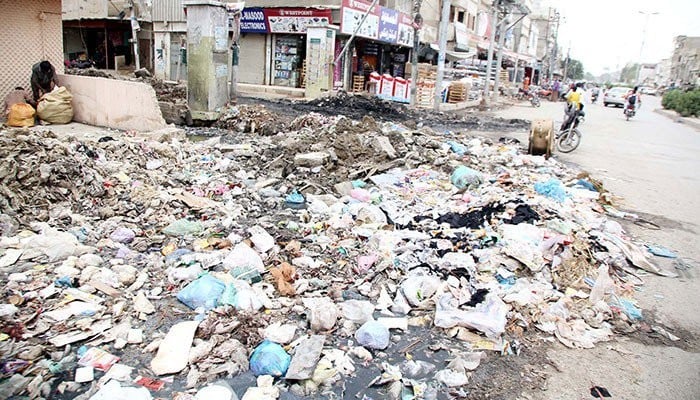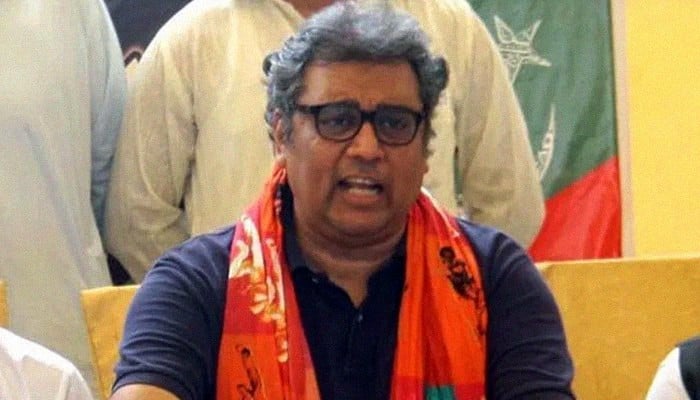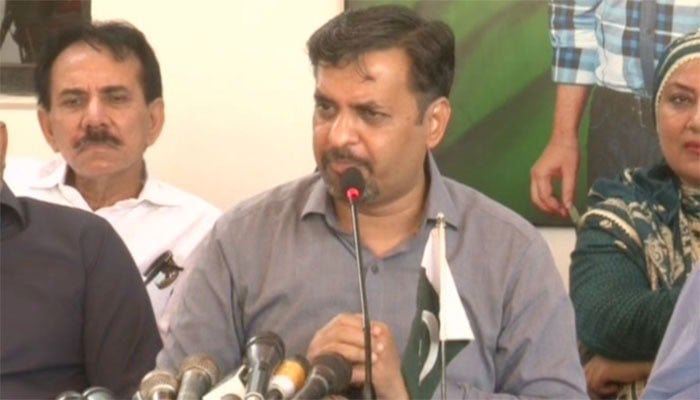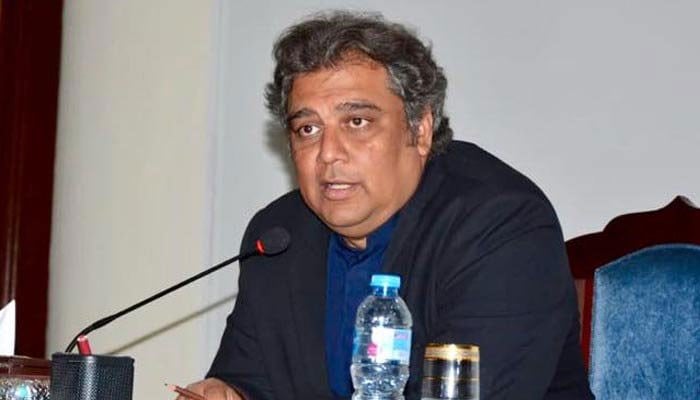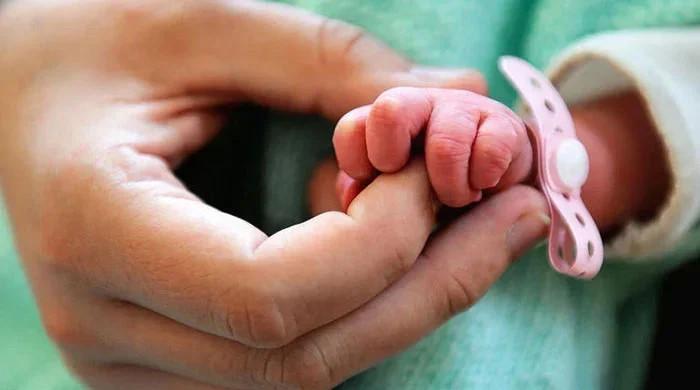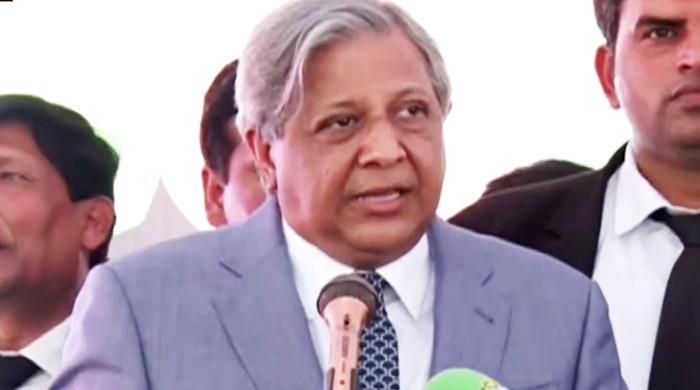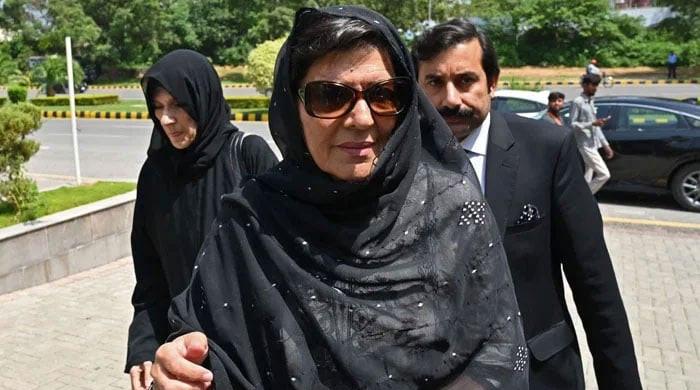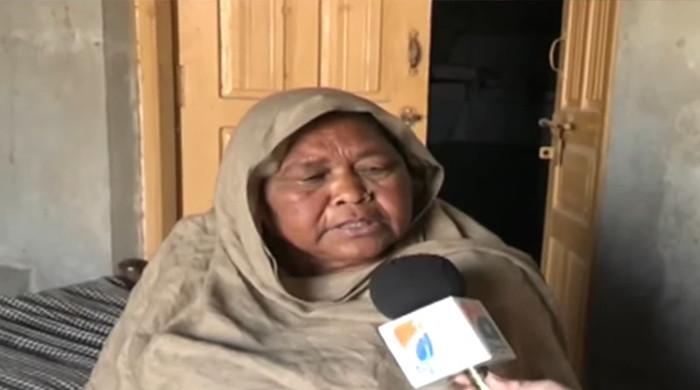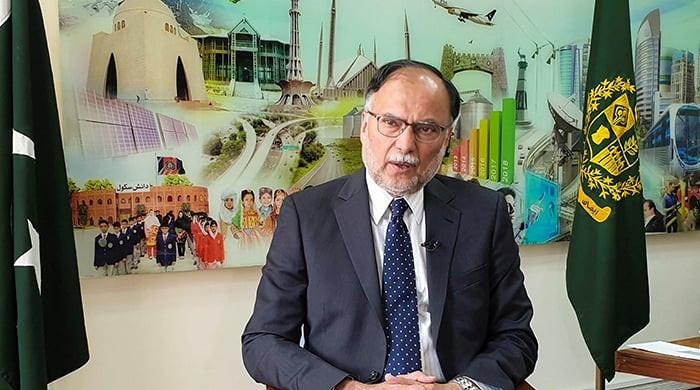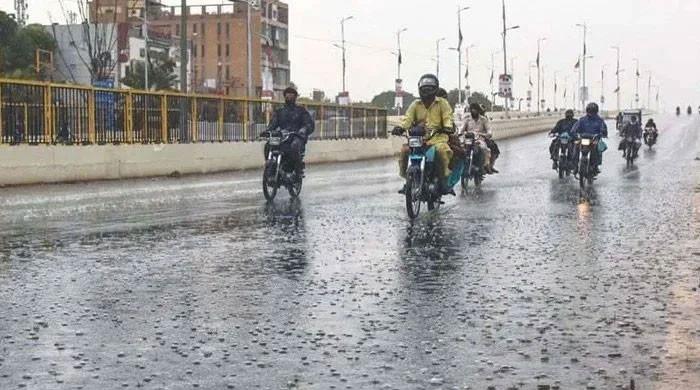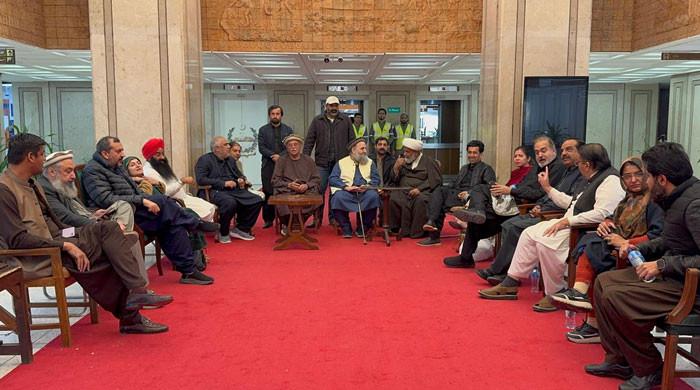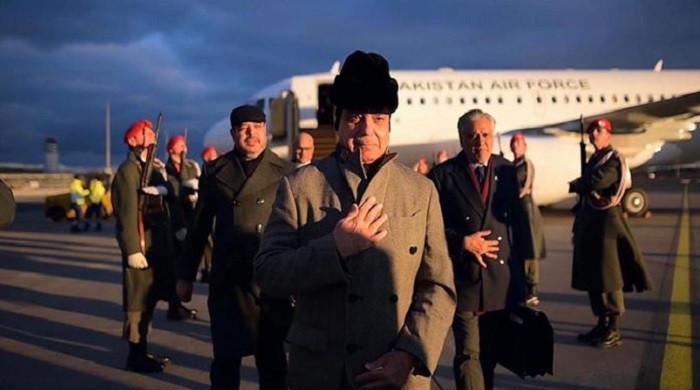Experts warn of 'sanitation emergency' as 'worst fly infestation' hits Karachi
Experts tell NYT about diseases speading due to poor waste management, fly infestation, and stagnant rainwater
August 29, 2019
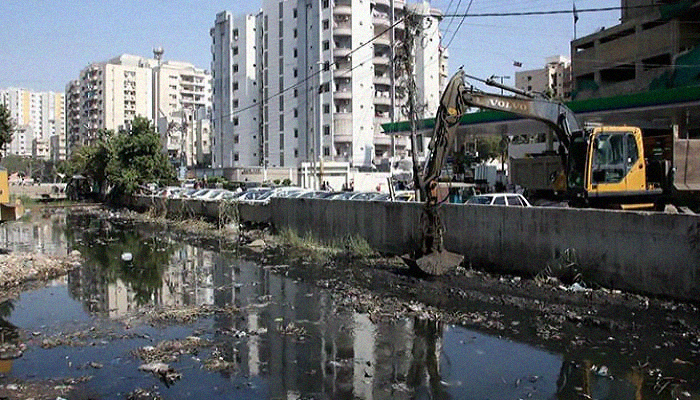
Urban and medical experts have warned of a "sanitation emergency" as Pakistan's economic hub experiences the "worst infestation of flies" to date while local politicians play catch with responsibility.
According to a report in The New York Times, flies in Karachi have become "a bullying force on sidewalks, flying in and out of stores and cars and homes, and settling onto every available surface, from vegetables to people".
The flies follow the torrential rainstorm that hit the southern port city a few weeks ago, leading to days-long power outages and flooding on major thoroughfares and streets as well as in the drainage system.
The Jinnah Postgraduate Medical Center's (JPMC) executive director, Dr Seemin Jamali, told the NYT that the latest was the "worst infestation of flies she had ever witnessed".
She said: “There are huge swarms of flies and mosquitoes. It’s not just affecting the life of the common man — they’re so scary, they’re hounding people. You can’t walk straight on the road, there are so many flies everywhere.”
Speaking of the remains and tripe left behind on the streets after Eid-ul-Azha, Dr Jamali said: "We have collected these heaps of garbage."
She warned about diseases spreading in the city as a consequence of the poor waste management and stagnant rainwater, saying the ailments included malaria, gastroenteritis, typhoid, dengue fever, the chikungunya virus, respiratory disorders, and Congo fever.
'Completely dysfunctional'
Karachi faces an assortment of challenges — ranging from garbage problems and lack of proper waste disposal systems to fumigation-resistant bugs — but local politicians continue to feud over egos and responsibilities with no one willing to stand up and take charge except if it involves publicity stunts.
The issues became worse with the stagnant rainwater following the downpour early August as well as the entrails of sacrificial animals thrown out on the streets after Eid-ul-Azha.
"The kind of havoc it created — if there are a couple of more spells like this, then the city will become completely dysfunctional," Dr Noman Ahmed, a professor at the NED University of Engineering and Technology, told the NYT.
“Karachi’s livability is falling,” he adding, noting: “The city requires a kind of sanitation emergency.”
The fact that Karachi churns out 12,000 tonnes of waste per day, according to a June 2019 study by the World Bank — coupled with a severe lack of resources and infrastructure, a rampant growth in population, and other climate change issues — has choked the city in terms of commuting and business as well.
A street-side vendor told the publication that his "business has completely ended" and that "whoever comes just looks at the flies".
Let's Clean Karachi?
The problems of Pakistan's most crucial economic and industrial hub are further exacerbated by politicians that rule the city. Garbage, cleanliness, and rainwater management is what the NYT report termed "an issue that feuding political factions have wielded against each other for years but that hasn’t gotten any better".
It also highlighted how cleanliness drives have become the new "in" thing for politicians. "The parties tussling for influence in Karachi have not failed to notice. In recent days, sanitation has again become a rallying cry — and a political weapon — for politicians.
"The Pakistan Tehreek-e-Insaf, or P.T.I., which holds power in the national government, is trying to assert its base in Karachi to fight the traditional provincial-level powerhouse, the Pakistan Peoples Party, or P.P.P," it wrote.
On the other hand, Mustafa Kamal, former Karachi mayor and now-chief of the Pak Sarzameen Party (PSP), had said Tuesday the reason why no one had yet picked garbage from the metropolis was the rampant corruption.
Also to note is the fact that the ruling PTI's federal minister, Ali Zaidi, had on August 2 vowed to clean Karachi in two weeks.
The NYT, however, also noted that to combat the latest plague of flies, politicians would have "to forge a working relationship".
Yet, "the bugs don’t seem willing to observe political boundaries".
